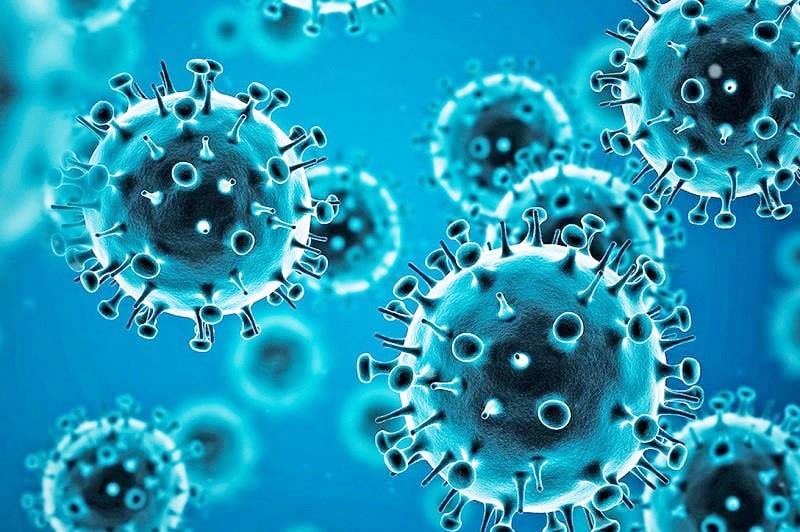A day after they announced a COVID-19 testing requirement for travellers from China, the health authorities here have reversed it.
The testing requirement was imposed amid global concerns that the relaxation of COVID controls in China will unleash new variants and increase cases of the virus in the countries visited by Chinese travellers.
The reversal announced yesterday afternoon by the National COVID-19 Taskforce Secretariat will raise questions.
Beijing had strongly criticised moves by the US and European countries to institute COVID testing for travellers from China.
In a release yesterday, the National COVID-19 Taskforce Secretariat and the Ministry of Health Technical Working Group said they had revoked the mandatory requirement of COVID-19 testing after further considering the global epidemiological COVID-19 situation.
The release issued by the taskforce stated that many of the sub-variants of the Omicron virus have been circulating in the Caribbean just like in other foreign countries since early last year and as such no control would be gained through the testing requirements which were previously implemented.
“The Caribbean Public Health Agency (CARPHA), on January 5, 2023, advised that many of the new variants of Omicron have been circulating in the Caribbean region since early 2022, as evidenced by gene sequencing results from samples submitted by Member states of CARPHA. Considering the Omicron sub-variants circulating in Canada, China, the United Kingdom, and the United States are similar to those across the Caribbean, it was concluded that no advantage would be gained through the testing requirements. Against this backdrop the National COVID-19 Task Force has withdrawn the Travel Advisory (1 of 2023).”
Noting that several countries have re-implemented travel restrictions, the release advised that passengers should have in their possession relevant documents showing their vaccination status; passengers must be aware of the testing requirements of their country of destination inclusive of requirements of countries of transit; and those who were tested positive more than 10 days before travelling should provide documentation of their recovery from COVID-19 instead of a negative test result.
The Task Force is also reminding the general public to adhere to all Public Safety Measures, adhere to social distancing, and ensure they get their booster shots. The booster shots are especially recommended for persons 60 and older and those persons with comorbidities.
On Thursday, the COVID-19 taskforce had said that beginning Sunday January 8, passengers travelling directly or in transit to Guyana from China and the Special Administrative Regions of Hong Kong or Macau would now have to produce a negative COVID-19 test upon arrival at local airports.
A release from the taskforce had said that a COVID-19 test – whether PCR or antigen – must be taken no more than two days before departure.
Recovered passengers who tested positive more than ten days before the flight had the option of showing documentation of recovery.
“The requirement applies to these passengers regardless of nationality and vaccination status. This will also apply to persons travelling from the PRC [People’s Republic of China] via third country transit and to passengers on connecting flights to Guyana,” the release had stated.
The release had also stated that airlines and other port of entries must confirm the negative test result or documentation of recovery for all passengers before they board or deny boarding to non-compliant passengers.
There was no mention of China in yesterday’s release.
According to Reuters, China’s cabinet said on Wednesday it would step up medicine distribution and meet demand from medical institutions, nursing homes and rural areas.
Beijing has hit back against some countries demanding visitors from China show pre-departure COVID tests, saying the rules were unreasonable and lacked a scientific basis.
Japan, the United States, Australia and several European states are among countries requiring such tests.
Willie Walsh, head of the world’s biggest airline association IATA, criticised such “knee-jerk” measures that he said had not previously stopped the spread of a virus that had hammered airlines which are recovering from the pandemic.






